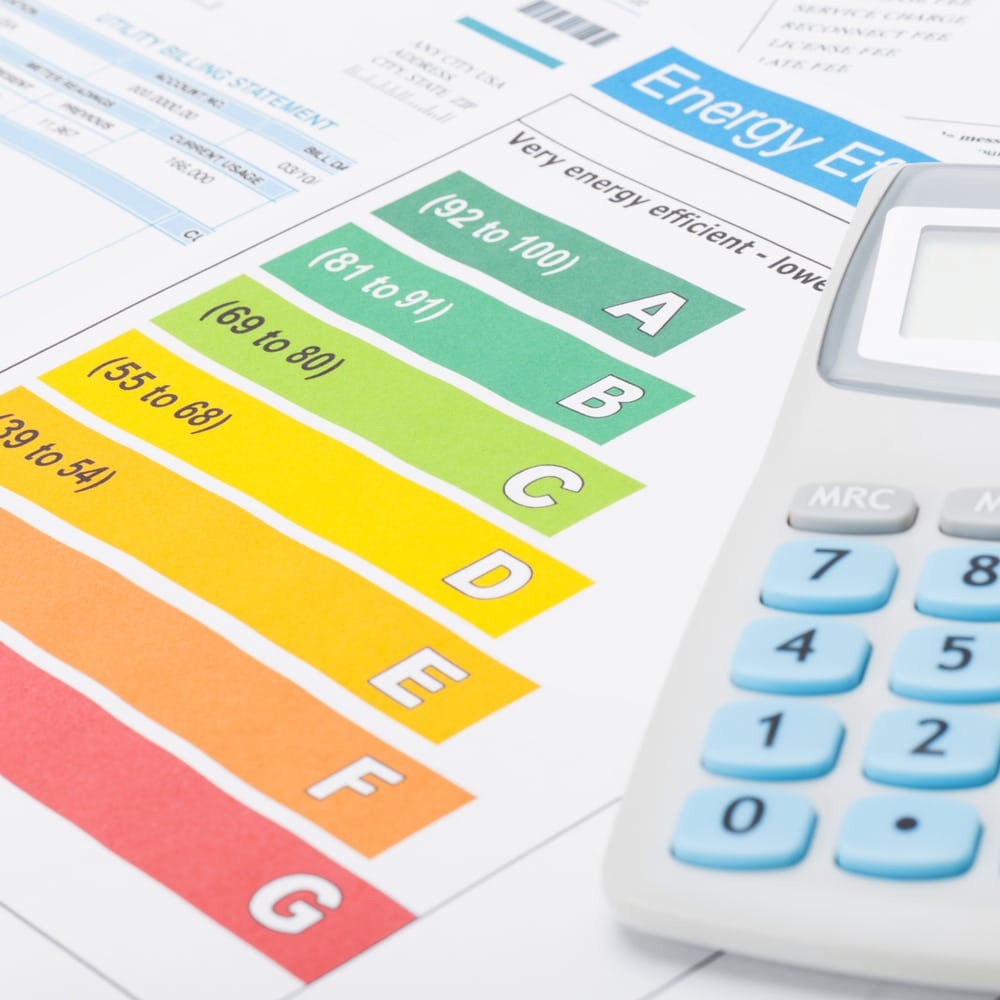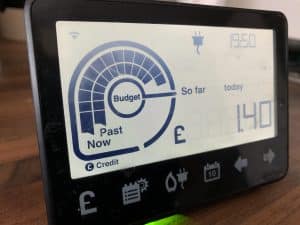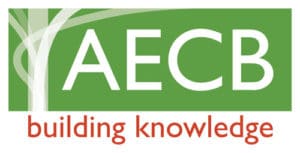In this article, we will go through everything you need to know about energy performance certificates.
An Energy Performance Certificate (EPC) is a simple way for the industry to understand the energy efficiency and carbon emission of your home. The certificate is used for buildings which are being sold, let or constructed in the UK.
In this blog, we are going to go through this piece by piece to give you a detailed explanation of everything you need to know about EPCs.
What is an EPC?
The Energy Performance Certificate (EPC) was introduced in 2007 as a legal requirement for buildings across the UK and is needed for a building to be sold, let or constructed.
EPCs provide a numerical grade between 1 and 100 and a lettered grade between A and G. For example, A would be the highest meaning they have exceptional energy efficiency. In addition to showing you the properties current rating, it will also provide you with a potential score which could be reached provided a number of energy efficiency measures are installed. Great, right?
By law, all buildings which are newly built or have been sold or rented since 1st October 2008 need an EPC. Once awarded, there’s need to worry about renewing the EPC for a long time as the certificate is valid for 10 years.
How do I get an Energy Performance Certificate?
If you need an energy performance certificate for your home, you can visit the Gov website to find a registered domestic assessor in your area.
H2: What is the difference between an Energy Performance Certificate and a Display Energy Certificate?
Whilst EPCs are only needed when a building is being sold, rented or constructed, Display Energy Certificates are needed all year round for public buildings. The Display Energy Certificate gives you proof on the energy efficiency of your property in addition to showing any areas of potentially savings on energy costs.
However, EPC’s are formed from the SAP scoring criteria and calculated by looking into areas such as construction materials, heating systems, solar gains, thermal insulations and much more.
Simply put, a DEC is used to show how much energy the building is actually using over a period of time, whereas an EPC shows the theoretical efficiency of a building.
How do I know if I need an Energy Performance Certificate?
There are some exemptions, but if you live in a domestic or commercial property, you will need an Energy Performance Certificate. In 2018, it was made a legal requirement for all privately owned properties to have an EPC rating of at least E before being sold or let.
If you fail to make the essential changes, you could be fined up to £5,000 for domestic dwellings and up to £150,000 for non-domestic properties so make sure to check whether your building has a valid, up to date EPC rating certificate.
H2: I’ve got a commercial property – do I need an EPC?
If you’ve got a commercial property, there are some exemptions. If your building is:
- A temporary building only going to be used for 2 years or less
- Used as a place of worship or for other religious activities
- An industrial site, worship or non-residential agricultural building that doesn’t use much energy
- A detached building with a total floor space under 50 square metres
- Due to be demolished by the seller or landlord with accepted plans.
You will not need an EPC. For more information, check out our previous blog ‘Commercial EPC Exemptions – Find out if you need an EPC’.
What is a good EPC score?
A good EPC score would be between A – C. The most efficient homes in band A normally have the lowest fuel bills. Properties that show a lower impact through carbon dioxide emissions will be rated better homes through the EPC.
Typically, the average property in the UK is in bands D – E. One brilliant element of the certificate is that the EPC will include recommendations on ways to improve the home’s energy efficiency and help you to save money and help the environment.
How are Energy Performance Certificates calculated?
To calculate the Energy Performance Certificate, a qualified assessor will come to your property and look at different varieties of factors to better understand how energy is used in the home. This includes looking at any potential for heat or energy loss, checking for insulation throughout the property, looking at how efficient the heating system and water is, inspecting whether you have double – glazing, energy efficient light bulbs etc.
Each segment of their inspection will be given a score depending on how efficient it is and what condition it is in. The assessor will then calculate how energy efficient the property is and will provide you with an EPC rating for your property.
These are graded according to a points system such as:
- EPC rating A = 93 – 100 SAP points
- EPC rating B = 81 – 81 SAP points
- EPC rating C = 69 – 80 SAP points
- EPC rating D = 55 – 68 SAP points
- EPC rating E = 39 – 54 SAP points
- EPC rating F = 21 – 38 SAP points
- EPC rating G = 1 – 20 SAP points
Can you fail an EPC?
An EPC is a survey which ranks your property on a sale of A to G so luckily there is no pass or fail. BUT, you do need to have a score over E. In the industry, we are no longer able to create new tenancies without an EPC rating of E or above.
How often do you need to get an EPC?
Landlords need a new EPC every 10 years.
How much does an EPC cost?
An Energy Performance Certificate usually costs between £60 and £120. The exact cost depends on a number of factors such as the type of property and your own and how many bedrooms it has.
I still have questions about Energy Performance Certificates – now what?
Here at Buildpass, we provide EPCs on everything from the smallest flat to large developments – including Level 5 buildings which are the most complex buildings to assess. If you want to find out more about Energy Performance Certificates, give us a call and we can talk you through the process.




















